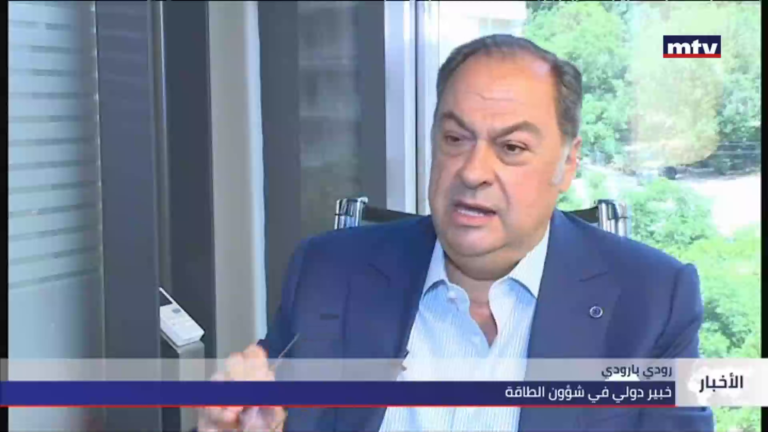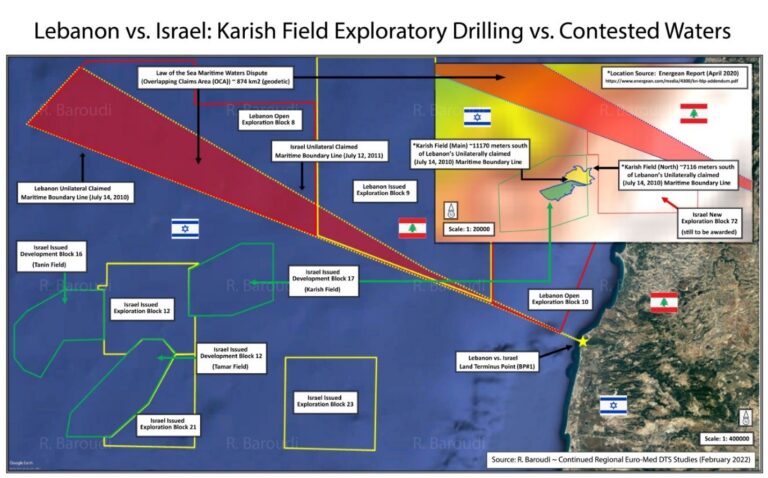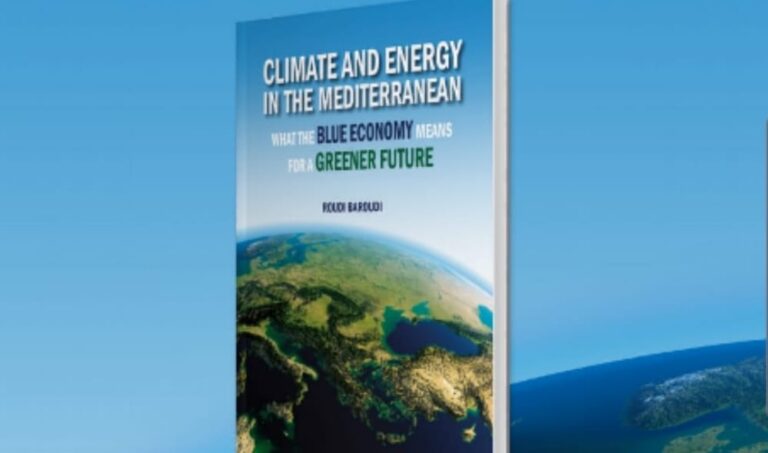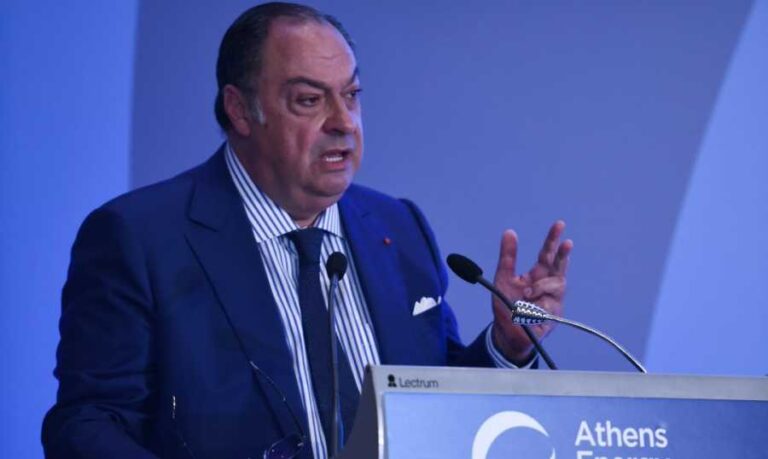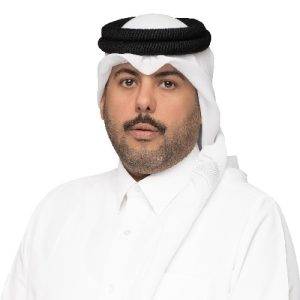QatarEnergy joins hands with four global majors in North Field LNG expansion project

The four partners of QatarEnergy in the prestigious project were chosen through a competitive process that started in 2019, which will expand Qatar’s LNG export capacity from the current 77mn tonnes per year (tpy) to 110mn tpy by 2026.
While it is Eni’s first entry ever into Qatar’s upstream sector, the three other global energy companies – TotalEnergies, ExxonMobil, and ConocoPhillips – have been QatarEnergy’s partners in the energy industry for many years.
A highlight of the partner selection process is that QatarEnergy received offers for double the equity available, underscoring the high-quality investment case of the NFE project, thanks to its economic competitiveness, financial resilience, and also its unique environmental features.
North Field East (NFE) project will produce significant quantities of ethane, LPG, condensate and helium besides liquefied natural gas, according to HE the Minister of State for Energy Saad bin Sherida al-Kaabi.
Addressing a press conference at the QatarEnergy he said the expected production of LNG from the nearly $29bn project would be 32.6mn tonnes annually.
The production of ethane from the project would amount to 1.5mn tonnes per year (tpy), LPG 4mn tpy, 250,000barrels per day of condensate and 5,000 tpy of helium.
LNG is among the cleaner fossil fuels and has considerable demand globally. LPG, condensate and helium too have considerable global demand.
The multi-billion dollar North Field expansion, the largest LNG development in global history, will generate substantial revenues for Qatar and hugely contribute to the country’s GDP, al-Kaabi noted.
The North Field expansion, comprising of North Field East (NFE) and North Field South (NFS) will provide significant benefits for all sectors of the Qatari economy during the construction phase and beyond, al-Kaabi said in reply to a question by Gulf Times at a media event at QatarEnergy headquarters recently.
NFE will expand Qatar’s LNG export capacity from the current 77mn tonnes per year (MTPY) to 110MTPY (in the first phase expected to be completed by 2025/26).
Four trains will be part of the North Field East (NFE) and two trains will be part of North Field South (NFS) project.
QatarEnergy would announce partners for North Field South (NFS) expansion by the end of the year, al-Kaabi noted.
NFS project will further increase the Qatar’s LNG production capacity to 126mn tonnes per year by 2027.
With an expected production start date in 2027, the NFS project involves the construction of two additional mega LNG trains (with a capacity of 8MTPY each) and associated offshore and onshore facilities.
The NFS project was initiated as a result of QP’s successful onshore appraisal activities in the North Field and targets the monetisation of gas from the southern sector of the North Field.
The North Field expansion plan includes six LNG trains that will ramp up Qatar’s liquefaction capacity from 77mnn tonnes per year to 126MTPY by 2027.
Four trains will be part of the North Field East and two trains will be part of North Field South project.
Stressing the importance of the private sector, the minister said Qatar’s private sector will have a huge opportunity to contribute to the project.
“We will be announcing four major projects, three in gas and one in petrochemicals. Over the next seven years, we will be investing billions of dollars into many projects including one on gas-fired electricity generation,” al-Kaabi said.
He said after the current phase of the construction activities, the North Field expansion and other QatarEnergy projects will keep driving the local economy.
Already, QatarEnergy has embarked on the largest LNG shipbuilding programme as part of the North Field expansion project.
“We have awarded a series of key offshore and onshore EPC contracts that are crucial for its timely execution,” al-Kaabi noted recently.
He said QatarEnergy will be working with its reliable business partners from China and Japan in the shipbuilding programme.
In April, QatarEnergy signed a series of time-charter parties (TCPs) with a subsidiary of Mitsui O.S.K Lines (MOL) for the long-term charter and operation of four LNG ships, constituting the first batch of TCPs awarded under QatarEnergy’s massive LNG shipping programme.
Concurrent with the signing of the TCPs, back-to-back LNG carrier shipbuilding contracts were signed between MOL and Hudong-Zhonghua Shipbuilding Group (Hudong), a subsidiary of China State Shipbuilding Corporation (CSSC), for the construction of four new LNG carriers to serve QatarEnergy’s LNG growth projects and future fleet requirements.

